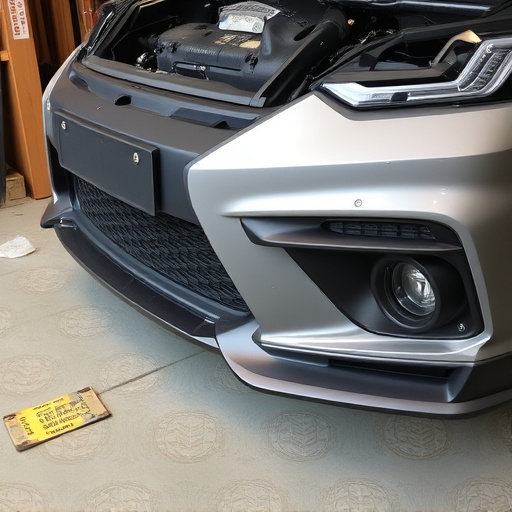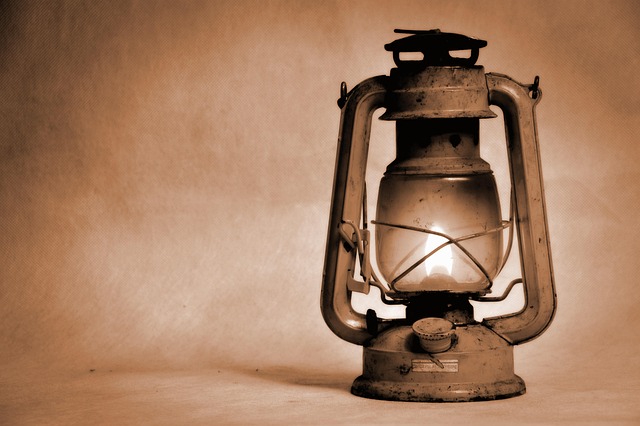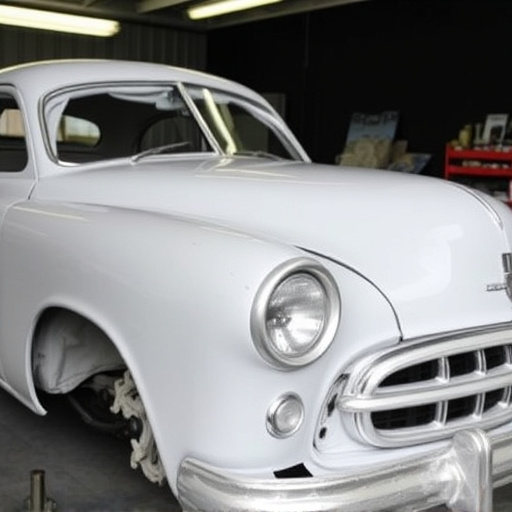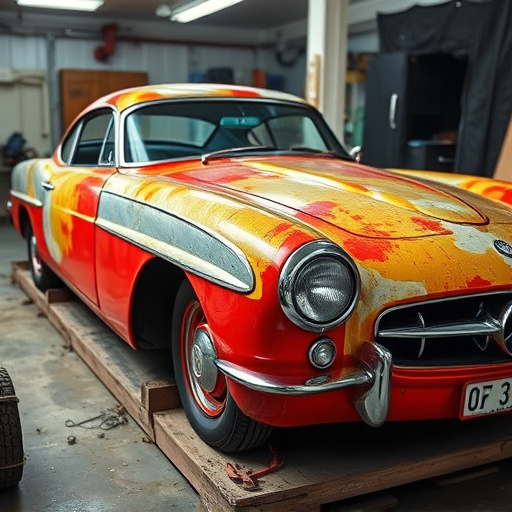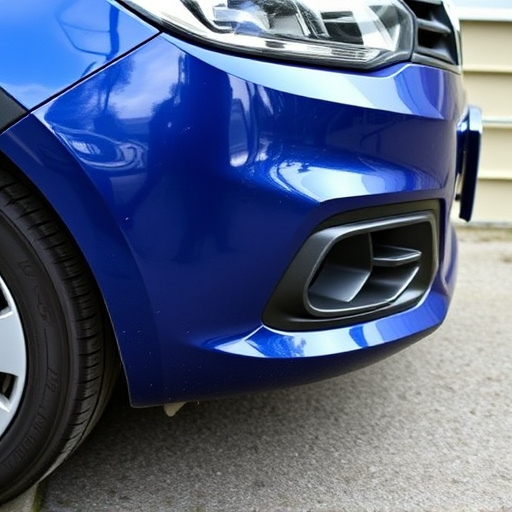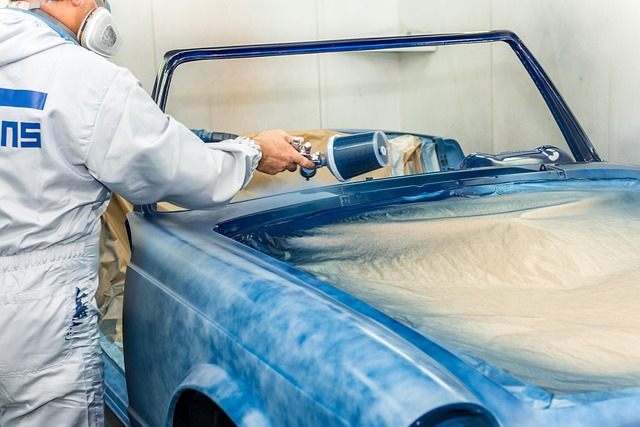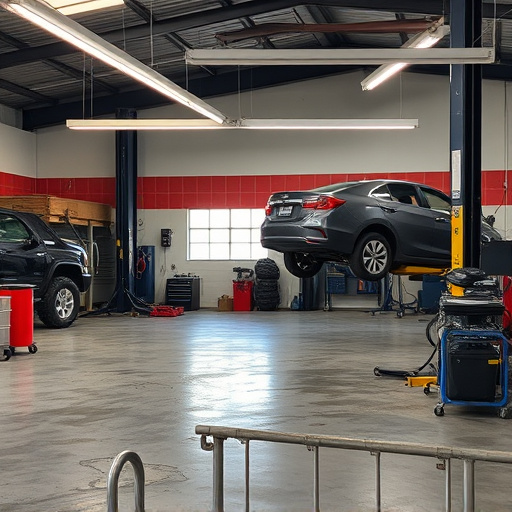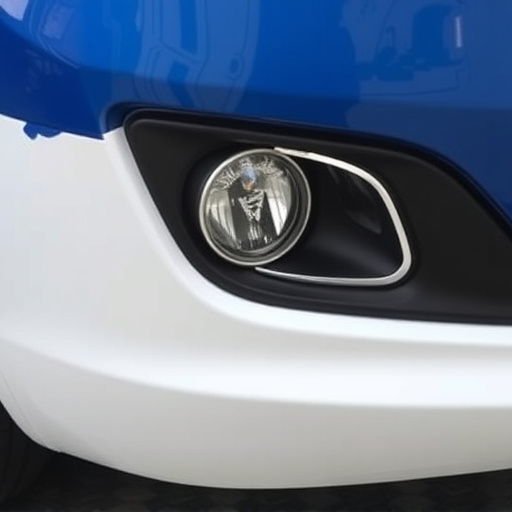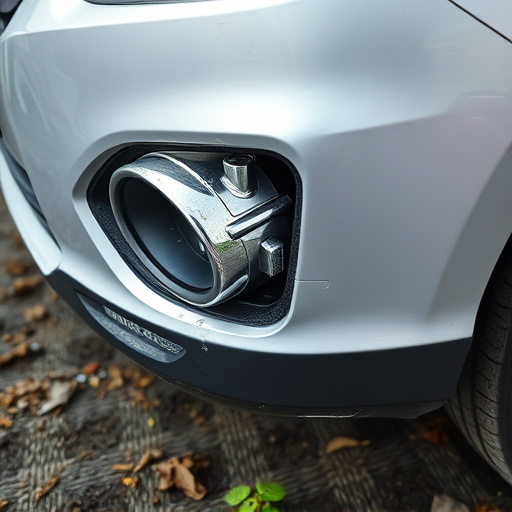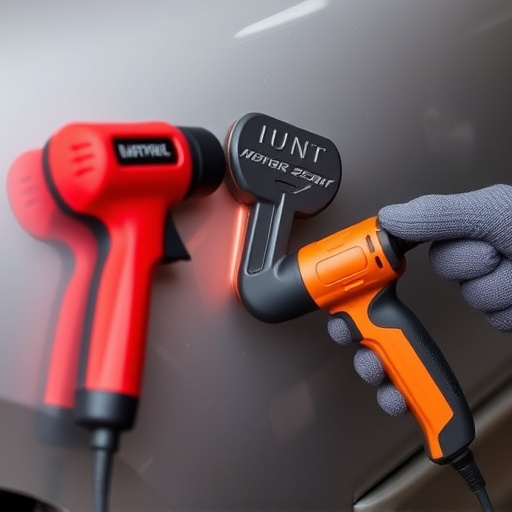Mastering auto body collision repair involves understanding intricate processes, handling diverse materials, and fixing various damage types from simple dents to complex structural issues. Hands-on experience, continuous learning, adherence to safety protocols, and staying updated with industry standards ensure technicians offer state-of-the-art collision center services for different vehicle makes and models, meeting modern repair standards.
In the realm of automotive craftsmanship, technicians who specialize in collision repair are the unsung heroes revitalizing vehicles damaged in accidents. This article delves into the multifaceted journey of becoming an expert in this field. We explore foundational knowledge, emphasizing the comprehension of auto body collision repair fundamentals as a cornerstone. Hands-on experience develops proficiency, while mastering technical skills and adhering to industry standards solidifies expertise. By combining these elements, technicians transform from adept fixers to true masters, ensuring vehicles not only run but also reflect meticulous craftsmanship.
- Comprehending Auto Body Collision Repair Fundamentals
- Developing Proficiency Through Hands-On Experience
- Mastering Technical Skills and Industry Standards
Comprehending Auto Body Collision Repair Fundamentals
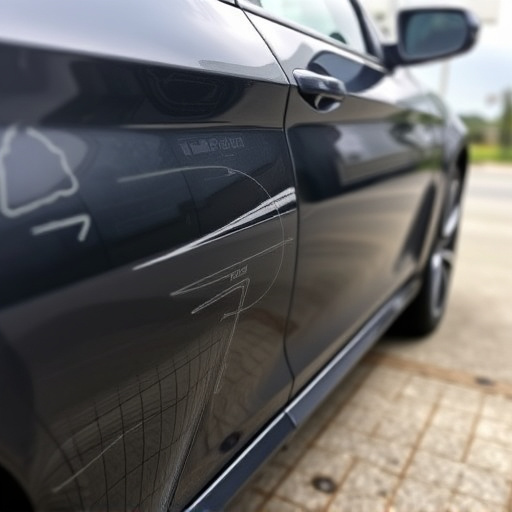
Mastering the fundamentals of auto body collision repair is the cornerstone for any technician aiming to become an expert in their field. It involves a deep understanding of the intricate processes and techniques required to restore vehicles to their pre-accident condition. Technicians must possess a comprehensive knowledge of various materials, including metal, plastic, and glass, and be adept at handling tools and equipment specific to collision repair. This includes learning about different types of damage, such as dents, cracks, and breaks, and the methods to fix them—from simple straightening techniques to complex structural repairs.
The foundation also encompasses recognizing and adhering to safety protocols, ensuring proper ventilation, and using protective gear during the repair process. Additionally, staying updated with industry advancements, new technologies, and innovative repair methods is vital for technicians to offer state-of-the-art collision center services, including car damage repair and car bodywork services. This continuous learning ensures they can handle a wide range of vehicle makes and models, providing top-quality repairs that meet modern standards.
Developing Proficiency Through Hands-On Experience
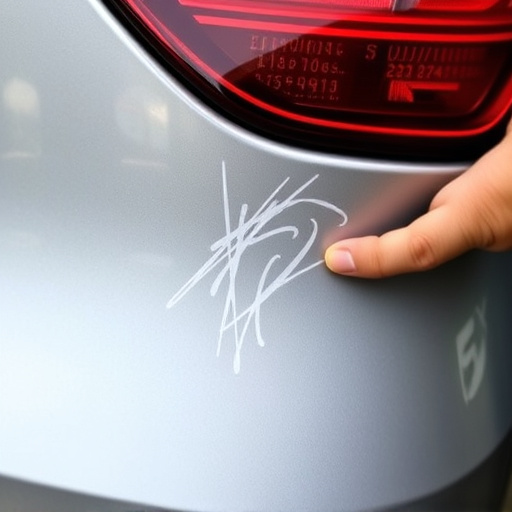
For a technician to become an expert in auto body collision repair, hands-on experience is paramount. It’s through practical application that they develop the intricate skills required to handle complex repairs. Working on various vehicle models and types of damage allows them to refine their techniques, ensuring they can offer top-tier automotive repair services. This hands-on training exposes technicians to different challenges, enabling them to think critically and find innovative solutions, which are invaluable assets in the dynamic field of collision repair.
The process involves meticulous attention to detail as technicians learn to accurately assess damage, disassemble parts, and understand vehicle systems. They gain expertise in using specialized tools and equipment, ensuring precision and efficiency. Over time, this hands-on experience translates into a deep understanding of auto body collision repair, making them sought-after professionals for reliable and high-quality auto repair near me solutions.
Mastering Technical Skills and Industry Standards
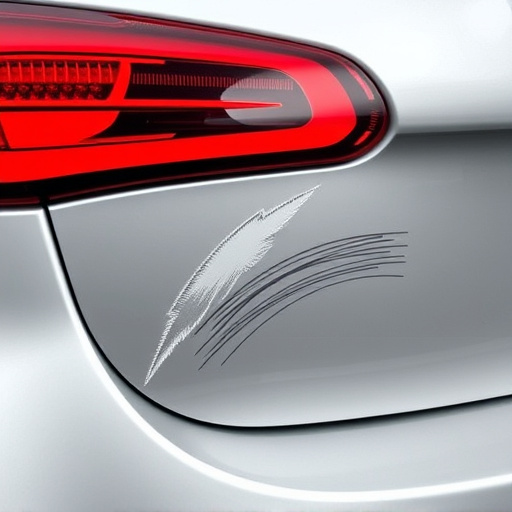
Becoming an expert in auto body collision repair involves mastering a multifaceted set of technical skills. Technicians must be adept at assessing damage, disassembling and reassembling car bodies, and precisely repairing or replacing various components. This includes understanding advanced welding techniques, proficient use of specialized tools, and the ability to match original factory finishes accurately during auto painting processes.
Adhering to industry standards is paramount in ensuring quality and safety. Technicians should be well-versed in recognized repair methodologies, such as those set by ICAR (Inter-Industry Conference on Auto Body Repair), and stay updated with the latest trends and innovations in auto maintenance, including advancements in materials science and technology. This continuous learning ensures that their skills remain sharp and they can offer the best solutions for even complex car body repair jobs.
An expert in auto body collision repair is not just someone who fixes cars; they are a master technician with a deep understanding of the craft. This journey involves mastering fundamental knowledge, gaining extensive hands-on experience, and keeping up with industry standards. By combining these elements, technicians can ensure precise repairs that restore vehicles to their pre-accident condition, showcasing their expertise in this specialized field known as auto body collision repair.
